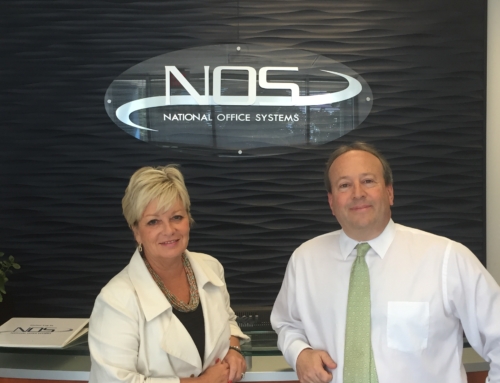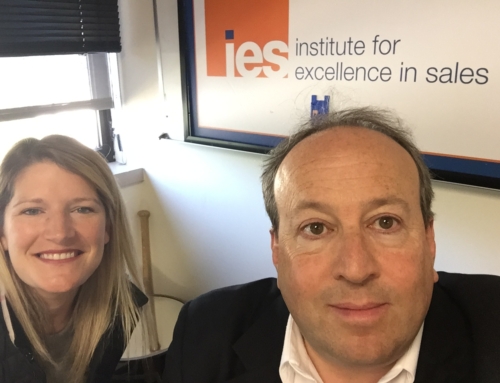A national nonprofit leader in disability employment has been creating jobs for people with disabilities for decades. The organization has a deep understanding of the needs of its clients and its mission is cherished deeply by its staff. However, the organization’s leadership knew they could provide more value to their customers if their client-facing people felt more comfortable engaging them more deeply. The challenge was that most of the front-line team didn’t think of themselves as salespeople in the traditional sense. The organization’s sales leader enlisted the IES to put a training program in place to help sales and operations people to become “decision influencers” in order to provide more value to their customers.
Learn more about the IES Sales Training Provider referral service.
The nonprofit helps government and commercial entities employ disabled people to perform labor services such as landscaping and ground maintenance, IT, and product manufacturing. The government has some specific contracts and programs that make the process to procure these set-aside services much easier.
To ensure that their frontline people were uncovering as many opportunities as were available, the sales leader enlisted the IES to help find and manage an optimal training solution for the team of outbound account developers. The sales leader was relatively new to the organization and was brought on to help it implement more mature sales processes.
She said she came to IES based on her professional network recommendations. The sales leader told IES that the particular challenge of shifting the selling culture from reactive to proactive was something she hadn’t dealt with at previous places she’d worked and it wasn’t something the organization’s Learning and Development (L&D) team had experience with either.
LEARNING & DEVELOPMENT REACHED OUT TO IES
The L&D team made the initial inquiry to the IES and in short order the IES was meeting with the sales leader and her team. After meeting a number of times to help it uncover the customer interaction challenges it was facing, the IES reached out to two of the training companies it had reviewed and analyzed. The IES, under non-disclosure, met with the training companies to map out some scenarios that would help the organization reach its goals. The IES was quite intimate with the level of service provided by the two companies it had selected for consideration.
It became clear after the meetings that one of the companies would be a perfect fit. Its understanding of how to help the organization solve its particular challenge of training non-traditional sales people to be more customer-focused was perfect.
The IES scheduled a meeting with the organization and the training provider it selected.
After meeting, strategizing, and agreeing what would be the right approach to take, the IES worked with the national nonprofit leader’s L&D team to confirm dates, budget, curriculum, and timing of the training. The IES worked with the provider to confirm execution strategy and what was needed to conduct an optimum training program.
Since the plan for the outbound team’s training was so well received, other parts of the organization, specifically the account management/operations team, were also interested in getting a client-facing training program implemented. Although this team had good relationships with their clients, management wanted them to feel more comfortable uncovering and asking for new business. The IES was brought on to identify the right partner and to design this program as well.
RESULTS HELPED GET ITS SALES TEAM FOCUSED ON CREATING CLIENT VALUE
In the first year, the IES and its selected partner delivered three on-site classes in three cities for the organization. To confirm that the curriculum was being digested properly, the IES also scheduled twice-monthly, on-going, personalized webinars as follow up for the employees who attended the on-site training. Individual follow up was scheduled as needed.
As part of the curriculum, the IES, working with the select partner, helped demystify the selling process and helped the staff view themselves as decision influencers. How to properly ask the right questions was taught. And the employees were trained to effectively bring important information to the client to show that they were creating value for their end user customers.
The nonprofit sales leader reported to IES that the organization was very pleased by the service they received, and that the curriculum created was right on target, and the actual training arranged was exceptional, impactful, and valuable.






